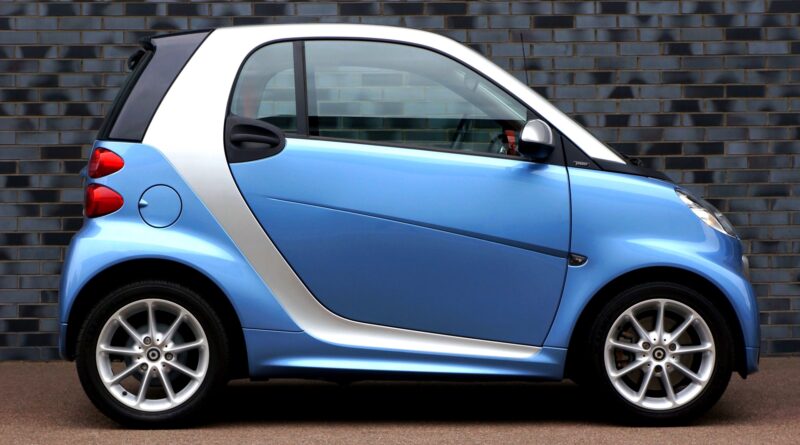What really is an Economical Car?
The definition of an economical car is a car that is cheap to buy and cheap to keep. In a nutshell, that’s all there is to it. It has to be a reliable car that has a good fuel economy and is something that is financially difficult to argue with. That’s the essence of economical, after all. Making your money go further.
Although it sounds as simple as that, however, there are a lot of different pieces that make up the puzzle of an economical car. You have the fuel side of things, the parts side of things, reliability, reputation, availability of work, legal requirements on top, and above all else, how much the things cost to buy in the first place. Every single one of these areas has a different impact on your wallet, so getting a base knowledge of all of them is vital to buying the most economical car possible. See 5 cheapest electric cars.
Fuel Economy
The first place most people go, and quite rightly, is fuel economy. Fuel economy is quite often the pivotal factor when it comes to an economical car since the prices are ever-increasing and you’ll be making the purchase more than you may like. Fuel economy comes down to a) the type of fuel required (diesel is cheaper to diver further, but means you pay more tax and is less efficient for short/slow journeys) and b) the vehicles MPG, or miles per gallon (how far your engine lets you go on a gallon of fuel. The higher the better).
Parts and Repairs
With some of the most economical cars on the market, it’s important to remember that their repairs and costs may well set them back. Remember especially when buying used cars that age can make things much more likely to go wrong. As technology becomes more advanced and more specialised eco-friendly vehicles are entering the used car market, it means that parts may be more difficult to find, more costly, and potentially can become a recurring cost too. Make sure you do some homework into the vehicle’s reputation and the availability of parts.
Legal Costs
Even the most economical car in the world has some legal costs that should be factored into your equation. There are the obvious things like road tax (which can be 0) and MOTs, but also, depending on how you finance the vehicle, there could be payment factors too. Thign slike interest if you’re financing the vehicle externally, or warranty requirements like mandatory servicing etc. Think about the value of any services against their cost and work out what is going to be best for you.
Car Costs
Lastly, there’s the cost of the car, Of course, it goes without saying, but make sure the car is in your price range. To really get the most economical car possible, it may even be worth spending more on the purchase in order to save money on things like fuel economy and cheaper parts, or more reliability. It’s totally down to you, but do keep it in mind!
Buying a used VW. Buying used vauxhall, BMW, Jaguar, Ford, Volvo, Range rover, Bentley, Aston Martin.

